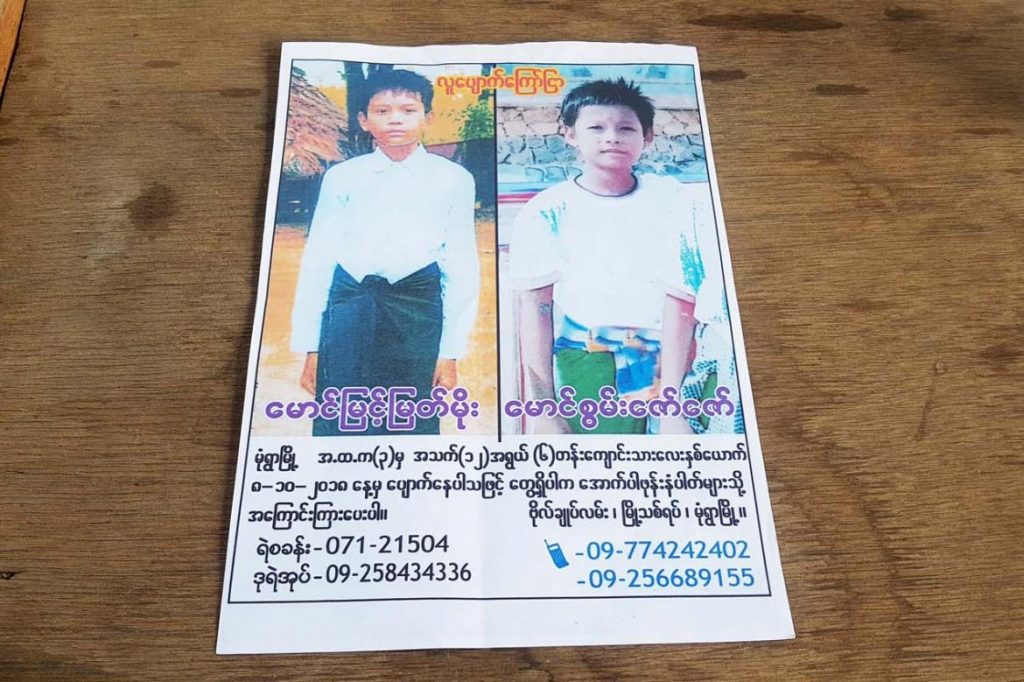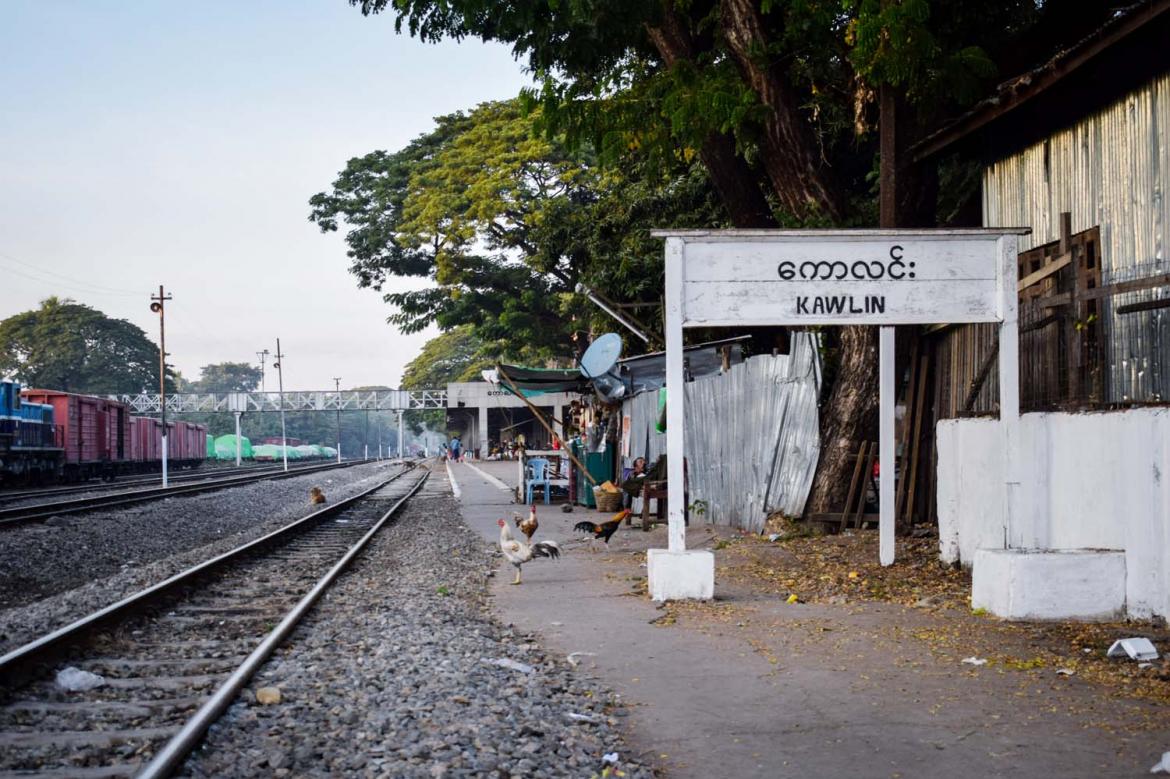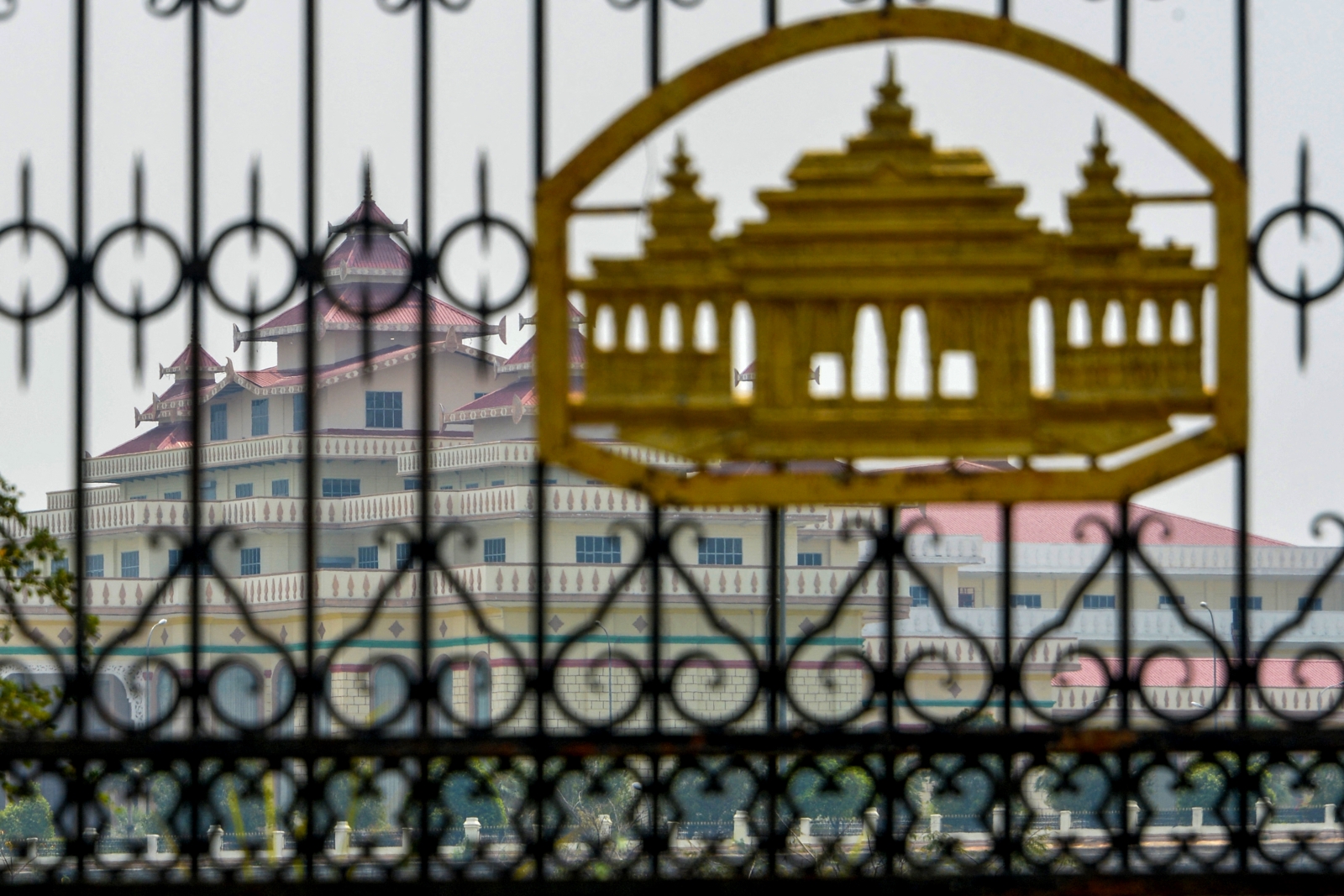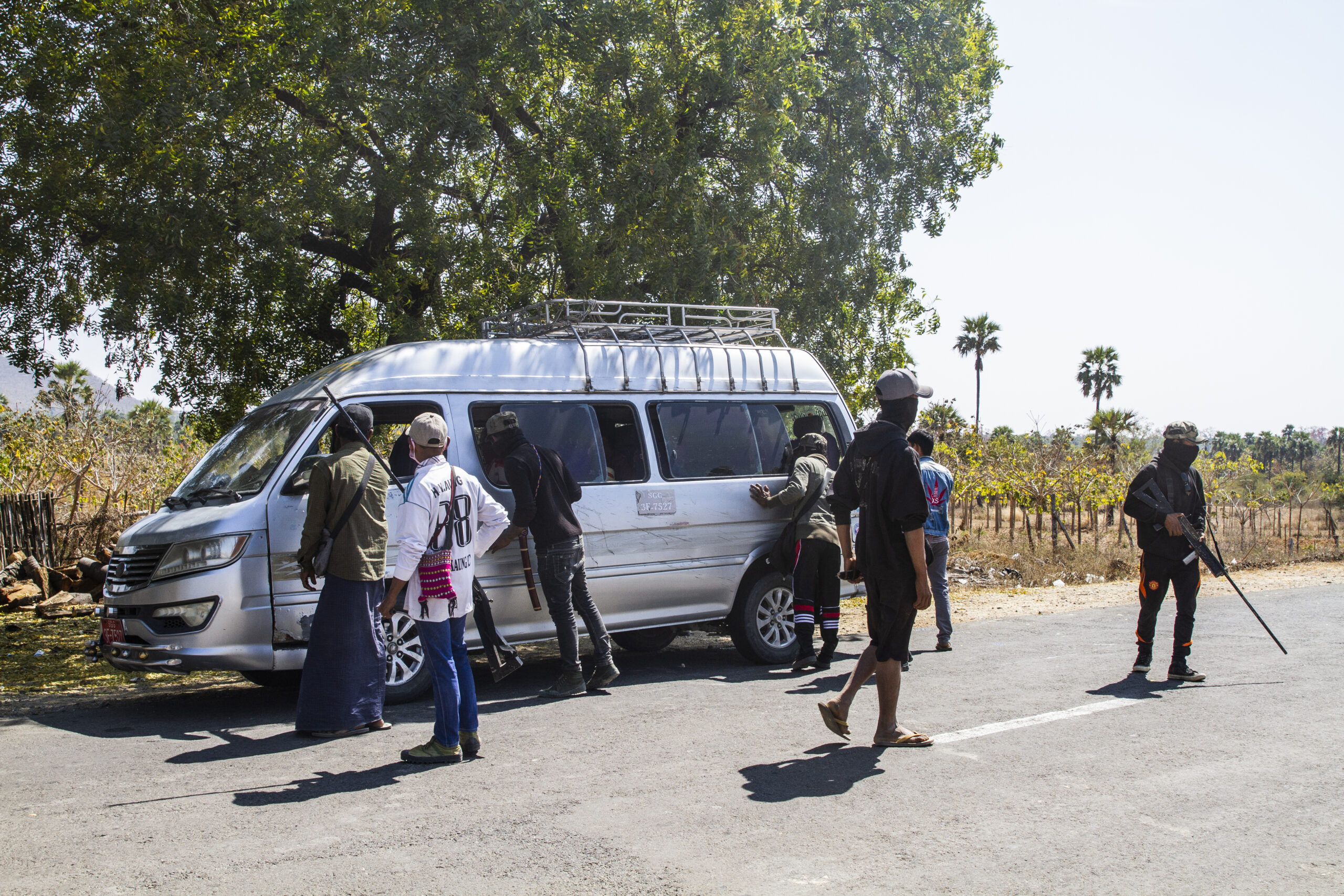Two schoolboys who vanished from the Sagaing Region capital six months ago are feared to have become victims of human trafficking into the fishing industry.
By WIN ZAR NI AUNG and EI EI MON | FRONTIER
“I look for my son whenever I go outside. When I see someone who looks like him, I follow them,” a tearful Daw Yi Yi Myint told Frontier. “I’m always waiting for him to come back.”
It has been more than six months since the 32-year-old woman’s son, Mg Swan Zaw Zaw, and his friend, Mg Myint Myat Moe, disappeared from outside their school in the Sagaing Region capital, Monywa, in northwestern Myanmar.
On October 8, 2018, the two 12-year-olds, as well as Swan Zaw Zaw’s twin brother, Mg Swan Nyi Zaw, and his elder brother, Mg Bone Thit Nay, 14, missed the bus to the No. 3 Basic Education High School and instead took a three-wheeled motorbike taxi. Because the four boys arrived late at school, they decided to sleep in the empty, parked school bus and attend classes in the afternoon.
Swan Nyi Zaw and Bone Thit Nay woke several hours later to find that the other two had disappeared. After an unsuccessful search in the area around the school, the brothers returned home at about 1pm and raised the alarm.
Support more independent journalism like this. Sign up to be a Frontier member.
The boys’ parents began searching around the town, and in the evening, as torrential rain fell, they opened a missing persons case at the Myoma Police Station in downtown Monywa about 3.2 kilometres (two miles) from where the boys had disappeared.
Police Second Lieutenant Nay Zaw said the investigation into the boys’ disappearance had included sending notices to police stations in faraway border areas, such as the town of Muse on the border with China in northern Shan State. “I sent the information to Kawthaung Police Station as well,” he said, referring to the town on Myanmar’s far southern border with Thailand in Tanintharyi Region.
However, Yi Yi Myint’s husband, U Tin Maung Htwe, aged 50, told Frontier he had phoned police stations in the border areas, and in nearby Chaung-U, about 25 km (15 miles) southeast of Monywa, and officers said they had received no information about the case.
“I rang all the numbers on the [police-issued] human trafficking pamphlet and sent the information to them by [the mobile messaging app] Viber,” he said. “Although [the police in Monywa] told me they sent this case to all stations, the information didn’t even reach Chaung-U.”
For several months, Tin Maung Htwe has been putting up posters of the missing boys at markets and other busy places in Monywa. The poster displays images of the boys in their school uniforms, which they were wearing when they disappeared.
A taxi driver said he saw the boys near their school on the day they went missing and a boy saw them talking to an unknown man near a pagoda the next day. CCTV cameras in Monywa are no help for the investigation because they were not working on the day the boys went missing, according to police.
Some Monywa residents have speculated that the boys may have simply run away from home, but this is strongly refuted by Tin Maung Htwe, who noted that his son had left all his things behind at home. He said, “There are three reasons a child doesn’t want to go home; if they’ve been threatened, induced or fed drugs.”
Tin Maung Htwe said the boys had no problems at home and he denied ever hitting his son. “Some think they left because they thought we would beat them for not going to school,” he said. “That’s not true.”
A possible clue to the boys’ disappearance is the experience of another boy from Monywa, who was trafficked into the fishing industry. Mg Thet Htun Zaw, 15, went missing the same month as Swan Zaw Zaw and Myint Myat Moe but returned five months later.
Thet Htun Zaw told Frontier he travelled to Yangon in search of work and a woman he met at a bus station said she could arrange a job for him on a fishing boat with a salary of K150,000 a month. He expressed interest and was taken to Pyapon Township in Ayeyarwady Region.
“They asked me my age. I said 18 because they taught me to say this, although I was actually 15,” said Thet Htun Zaw. “They took a photo of me holding money, but I didn’t get anything; the broker just bought me snacks that cost K8,000. They left me after the boat went to sea.”
Thet Htun Zaw did not take his citizen ID card when he left home. He said that when he began working on the fishing boat, its captain confiscated his possessions, including a notebook with a contact number for his mother. If he made a mistake while out at sea, he would have a rope tied around his waist and be thrown overboard. This had happened more than 10 times, he said.
He managed to escape once when the boat temporarily docked back at Pyapon, but he was soon caught by his captors and beaten. He escaped successfully on a second return to Pyapon.
Thet Htun Zaw arrived back in Monywa in March, thanks to strangers who helped him along the way, but remains traumatised by the abuses he suffered on the fishing boat. His father intends to have the brokers and boat captain prosecuted under the 1993 Child Law.
During his ordeal he met two boys whom he believes to be Swan Zaw Zaw and Myint Myat Moe.
“I went to another boat to ask for coal and diesel for our boat. Two boys were chopping fish, and I asked where they were from,” he said. “They said they were from Monywa new town, and that a broker that they couldn’t name had sent them to this boat. They had the same faces as the missing children.”
Thet Htun Zaw said he learned from the captain of his boat that the boys were on a vessel named chinthae min, which means “lion king” in Burmese.
Pol Second Lt Nay Zaw said that police first went to Pyapon, and then to Myeik in Tanintharyi Region, where the registered owner of chinthae min is from, but had been unable to find the boys.
Tin Maung Htwe remains unsatisfied with the police investigation, saying it should have been more thorough.
Anti-human trafficking police recorded 206 cases of human trafficking involving 317 people during 2018. Ninety of these people, or around 28 percent, were under the age of 18, of which 80 were girls and 10 were boys. Between January and May, 104 cases involving 142 people were recorded, with 35 being minors.
Police in Monywa Police Station said they had opened 15 cases of missing children in 2018, with two of the children found to have eloped.
Tin Maung Htwe said his wife had made a tearful appeal to State Counsellor Daw Aung San Suu Kyi about her missing son when the state counsellor held a town hall meeting in Monywa in early March. The Ministry of Border Affairs had since reassured them that they are looking into the case. “The Minister for Border Affairs said we could tell him if the police are not doing well. But it is difficult to meet him,” he said.
Meanwhile, Yi Yi Myint is keeping her hopes up. “I believe my son will return home one day,” she said. “I think of him eating rice when I eat the rice. I send my metta [compassion] to him. Metta makes everything safe.”







